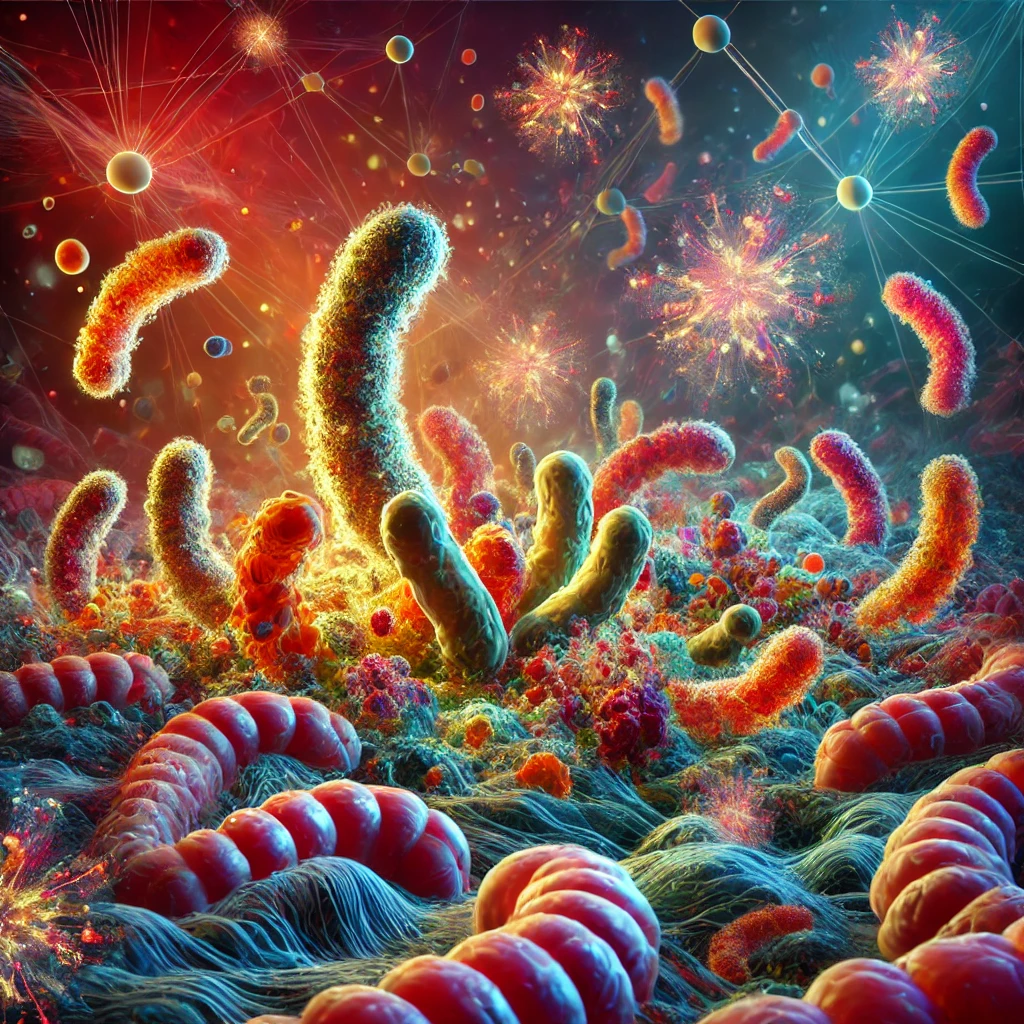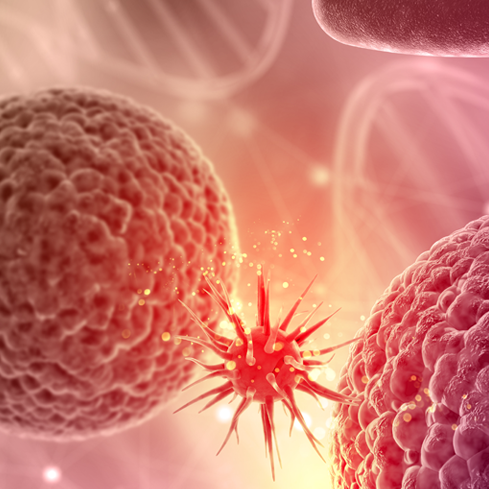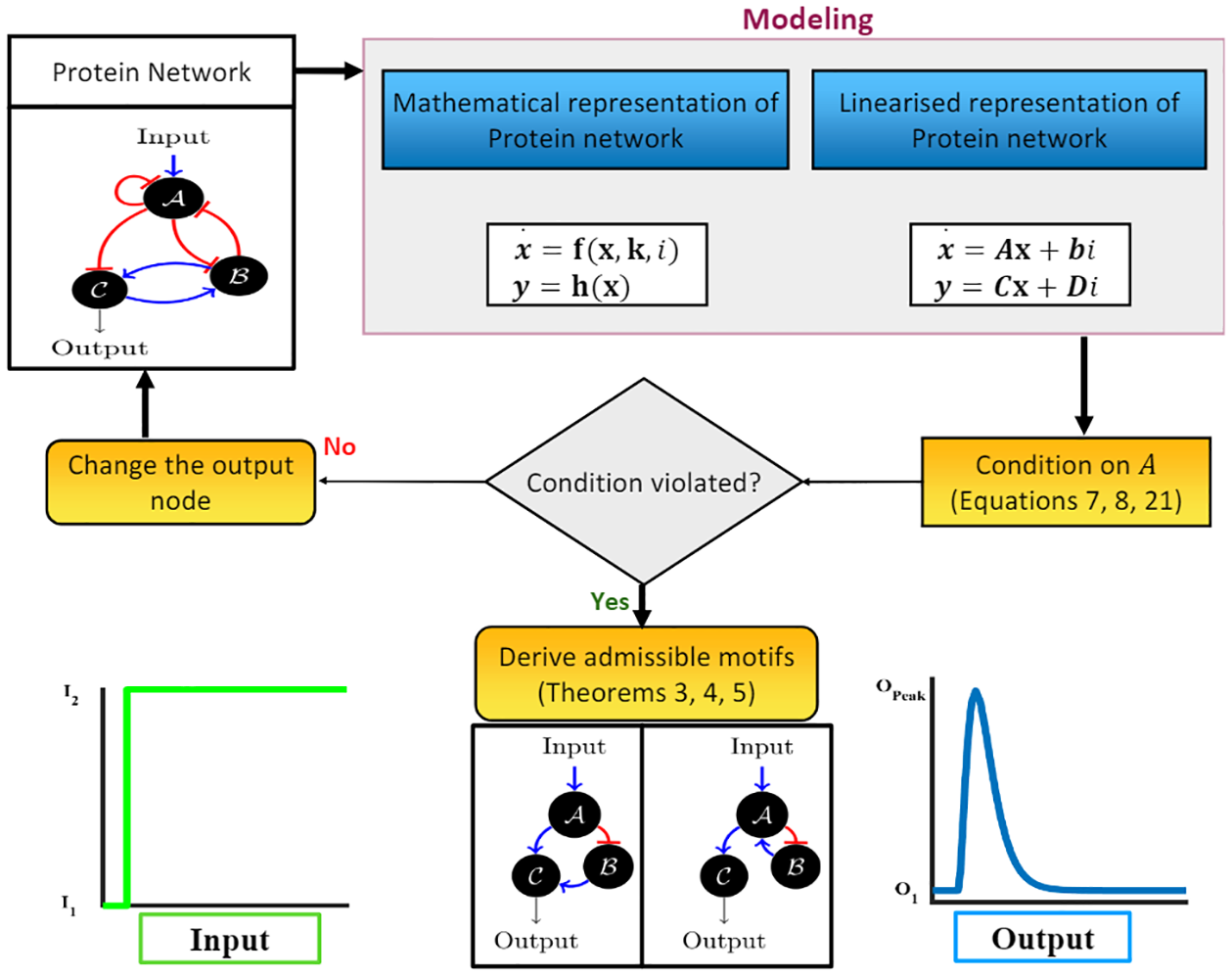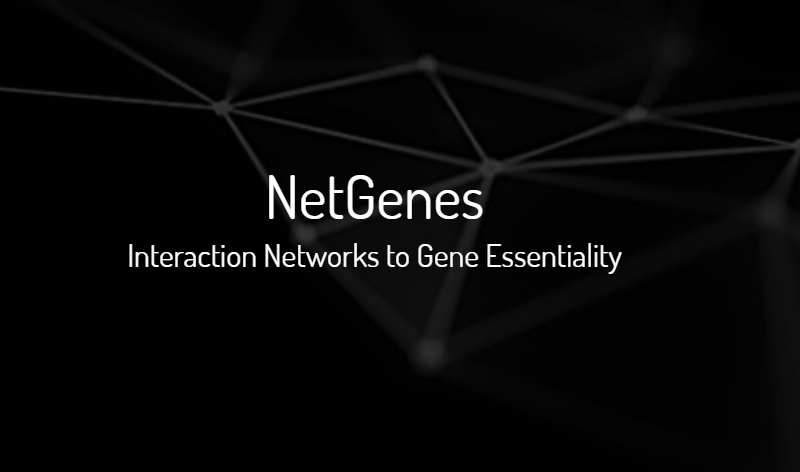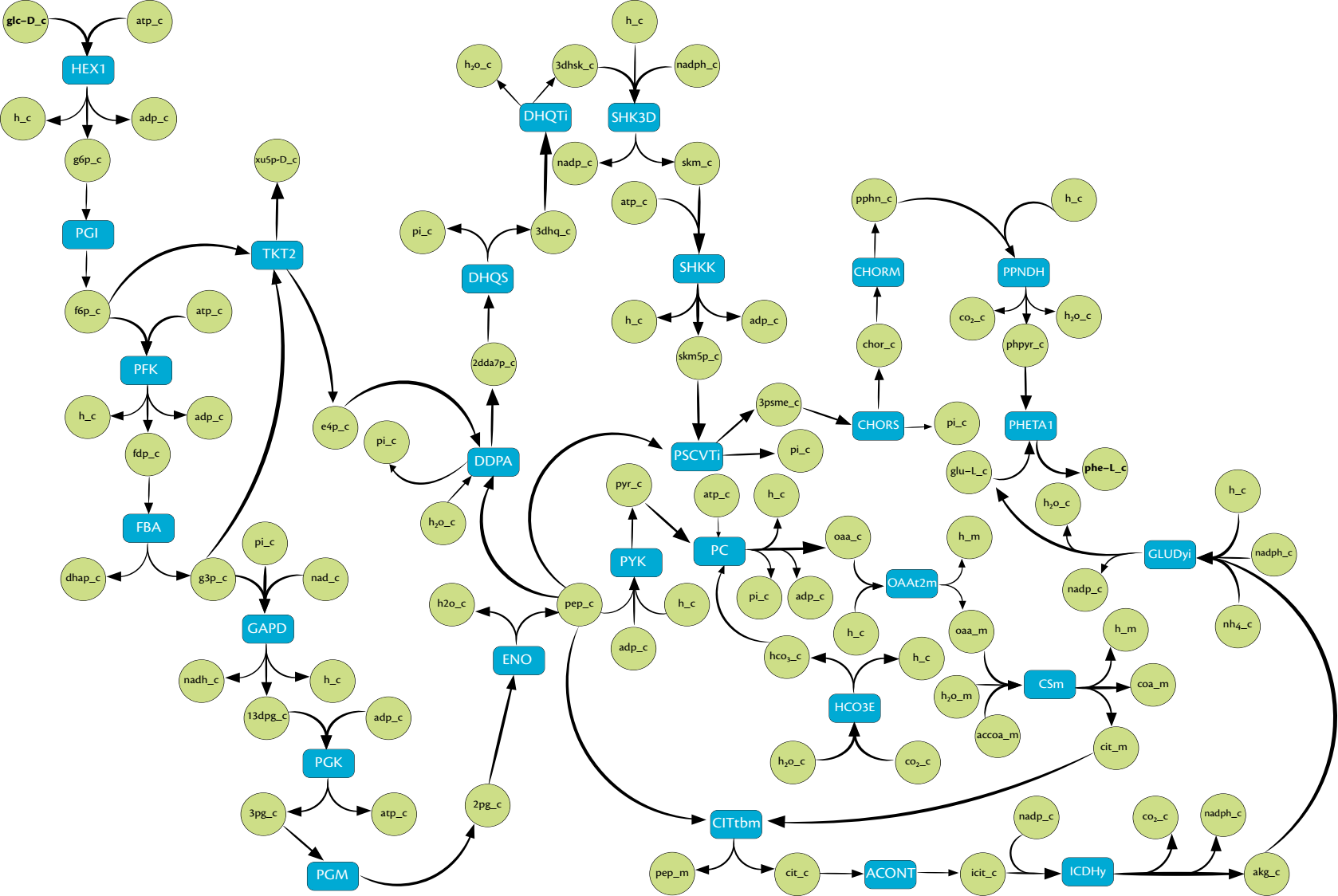Research
blogs
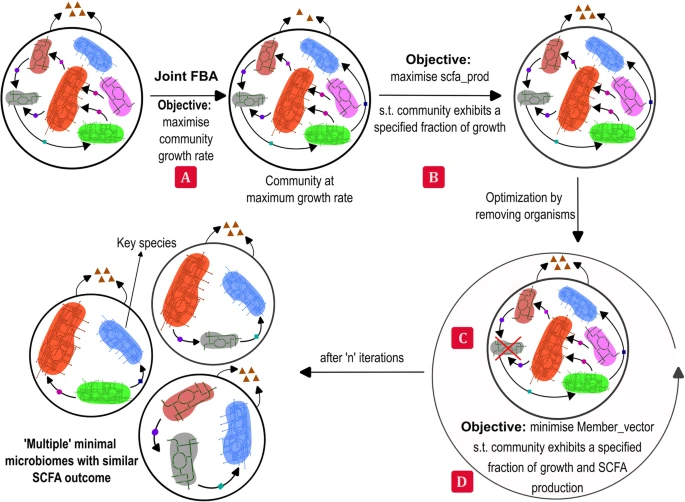
Finding the microbial heroes
by Karthik Raman, Aswathy K. Raghu & Indumathi Palanikumar
The algorithm helps in identifying the smallest groups of microbes, capable of executing a desired function, from a large microbial community
Given a large co-operative microbial community, an algorithm to identify the smallest subsets of that community capable of a desired functionality is presented. These subsets, called minimal microbiomes, will contain the keystone species that achieve the required purpose.
Read the full blog article at https://communities.springernature.com/posts/finding-the-microbial-heroes-identifying-the-smallest-groups-of-microbes-capable-of-executing-a-desired-function-from-a-large-microbial-community

A Strategy To Make Networks More Resilient To Attacks
by Aditi Jain
“A variety of technological networks form the backbone of modern world infrastructure, and it is very essential to build safeguards to protect these networks against both failures and targeted attacks,” says Dr Karthik Raman, Associate Professor at the Bhupat & Jyoti Mehta School of Biosciences and a core member of the Robert Bosch Centre for Data Science and Artificial Intelligence (RBCDSAI), IIT Madras.
Dr Karthik Raman and his student Mr. Sai Saranga Das worked on this problem and have come up with a strategy that makes the networks more resilient to adverse attacks. The strategy basically suggests a way of judiciously re-wiring a given network to reduce the risk of network failure due to any adverse attack. The research work has been published in an esteemed research journal Physica A: Statistical Mechanics and its Applications.
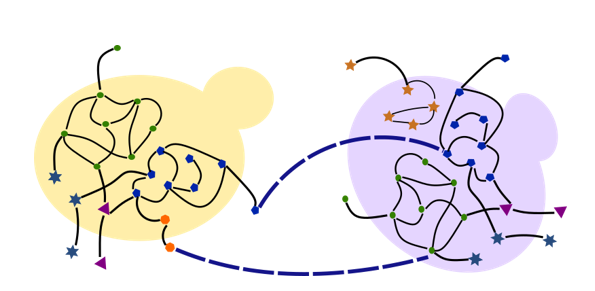
CAMP: The Perfect Bacterial Matchmaker
by Aditi Jain
Dr Karthik Raman, an Associate Professor at IIT Madras and a core member of RBCDSAI, is a scientist whose interest lies in discerning the dynamics of microbial interactions to utilize them for biotechnological application. Recently, Dr Raman and a post-doctoral fellow in his group, Dr Maziya Ibrahim proposed a computational approach named CAMP(Co-culture/Community Analyses for Metabolite Production) which suggests how to bundle two or more bacteria together, forming a community that produces the desired products in maximum quantity. Given the significance of the work, it has been published in a prestigious international _Computational and Structural Biotechnology Journal.
